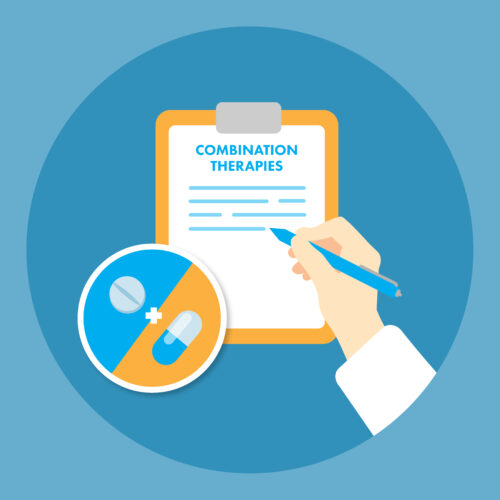The Minnesota UDCA clinical study

Researchers in Minnesota (USA) have recently published the results of a small pilot clinical trial investigating the safety of Ursodeoxycholic acid (or UDCA) in Parkinson’s.
Currently UDCA is used to treat gallstones but research has gradually been building that suggests this medication could potentially be a useful treatment for Parkinson’s.
UDCA is a naturally occurring bile acid, which helps to dissolve the build up of cholesterol and salts that result in gallstones. Numerous independent research groups, have demonstrated that UDCA has beneficial properties in models of Parkinson’s – improving the health and function of the cells affected by the condition.
In a first step clinical study investigating the safety of this treatment is people with Parkinson’s, researchers in Minnesota recruited 5 individuals with Parkinson’s and treated them daily with increasing doses of UDCA over 6 weeks. The investigators found that the treatment was safe and well tolerated in the participants. Clinical assessments and a brain imaging technique also suggested the possibility of improvements in symptoms and brain function, respectively.
The scientists are quick to point out, however, that this study was small, very short, and ‘open label’, so these responses could be the result of a placebo effect. However, they concluded that a larger double-blind clinical trial is now warranted.
A larger study is already underway in the UK. The ‘UP-Study’ – a phase 2, double blind, placebo controlled, randomised clinical trial led by Professor Oliver Bandmann is testing the safety and tolerability of UDCA in people with Parkinson’s and is joint funded by Cure Parkinson’s, Van Andel Institute and JP Moulton Charitable Foundation. This study has recruited 30 individuals who are being blindly treated with either UDCA or a placebo control for 48 weeks. The results of this clinical trial are expected in 2021.








